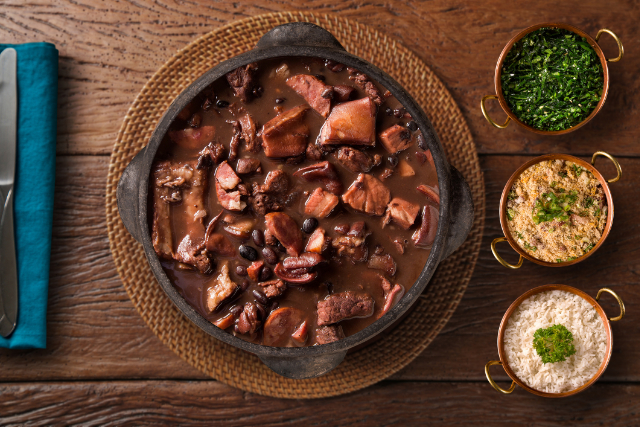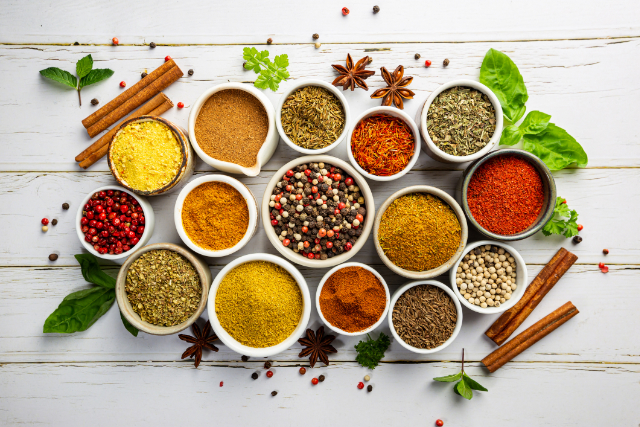3 Spices (and Herbs) Your Stews Can’t Live Without

Stewed meats and vegetables—savory, sweet, spicy, or all three, stewed foods are rich and absorbent, soaking up spices and juices, offering flavor and giving personality to a dish. The history of spices is a story of intrigue, where spices from all over the world bring their unique aromas, colors, and flavor extracts to mysteriously breathe life into food. When stewing foods, the spices you choose play a critical role in the outcome of your meal, breaking down flavor components and offering various health benefits. The question then becomes, which spices can't you live without?
1. Paprika
Originating in Southern Mexico, paprika is made up of carotenoids that give it its strong, red-brown color. When heated in oil, paprika releases its sweet or smoked peppery flavor, augmenting stews by complementing rich vegetables such as bell peppers, jalapeño peppers, carrots, or okra, and layering flavor to chicken or beef stewed juices. In Jamaican cuisine, paprika is combined with garlic, onion, ginger, and chili powder to make a meat rub, marinating chicken before adding it to stew. Paprika also contains vitamin A and antioxidants, with anti-inflammatory benefits that can help monitor cholesterol.
2. Adobo
A blend of garlic powder, oregano, onion powder, salt, and pepper, adobo is a seasoning that was born in early Spain and Portugal but traveled to Latin American and Filipino cuisines. Adobo has preservative powers that were originally used as pre-refrigeration methods, simultaneously flavoring food while preventing illnesses caused from spoiled meats. Filipino recipes use adobo seasonings mixed with vinegar to stew ingredients such as pork and pineapple, tenderizing the meat while allowing it to soak in its own juices. Some adobo mixes also contain turmeric or paprika and are full of iron and calcium.
3. Bay Leaves
The bay leaf comes from the laurel tree, a tree commonly found in the Mediterranean. A crowning touch to any recipe, bay leaves are dried laurel leaves that soak up liquid while releasing their own rich, olive-like flavors to stews. Bay leaves can garnish stews heavy with root vegetables such as beets, parsnips, or turnips, enhancing flavor the way a tea bag soaks in hot water. Bay leaves also carry vitamin C and vitamin E and will boost your immune system.
For information on how to maintain heat and flavor to create the perfect stew, contact us.

Posted in: Cooking Tips & Recipes